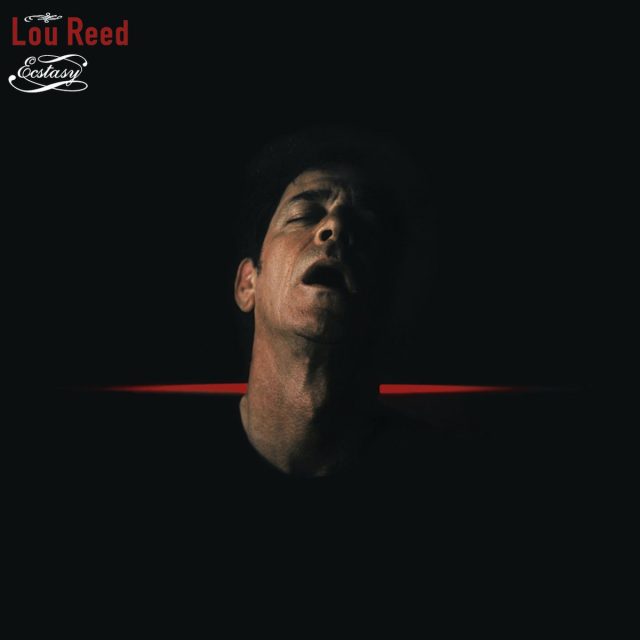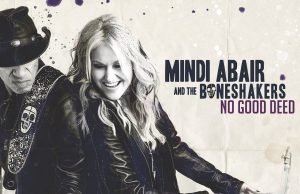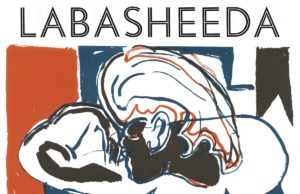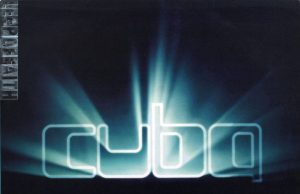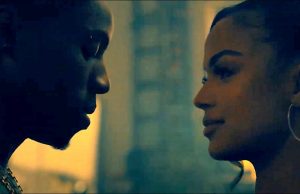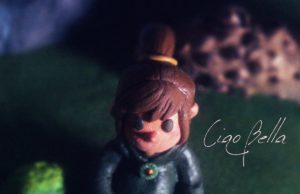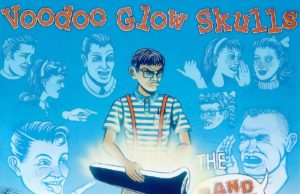 I have always considered myself a Lou Reed fan — but maybe I’m not. Or at least not an indiscriminate one — especially when it comes to his solo output. After leaving The Velvet Underground, the late legend made 20 studio albums as a solo artist, along with two more collaborations. Of those albums, I was only familiar with five. So I decided to listen to and review the remaining 15. At times it was like torture.
I have always considered myself a Lou Reed fan — but maybe I’m not. Or at least not an indiscriminate one — especially when it comes to his solo output. After leaving The Velvet Underground, the late legend made 20 studio albums as a solo artist, along with two more collaborations. Of those albums, I was only familiar with five. So I decided to listen to and review the remaining 15. At times it was like torture.
In a nutshell, Reed has a big basket of bonafide classics. Unique, unmistakable and ground-breaking songs which combine poetry and prose with a variety of music styles. But he also recorded a fly-ridden heap of awful, awful songs featuring his distinctive but poor singing, along with excessive sax and fretless bass.
Here’s one of the entries in his uneven catalog:
This 2000 release is a pretty great record. I can’t believe I’d never heard this album before. I was 27 when it came out. WTF?
Ecstasy is a concept record about Lou Reed‘s relationships. It was the last studio album he made on his own. Paranoia Key of E kicks it off in Keith Richards fashion. But it’s better than anything The Rolling Stones had done in more than 15 years. What a frigging relief it is to be safely away from the decade of awful production.
Mystic Child is next, and keeps the pace. This doesn’t have the swagger of the opening track, but it is a guitar-based two-chord rocker. Mad isn’t quite as good, not because it brings the volume and tempo down, but because he sings the title like a sheep. Can’t do it. The title track is also a miss for me. It’s a little awkward, but feels like a chapter in the concept more than a worthwhile song. It’s boring, too.
That’s not the case with Modern Dance, which is the opening track of Side 2, if you manage to find one of the rare vinyl editions of this. It’s a great track. I don’t love Tatters. It’s boring, and the bass is too busy and out of synch with the melody, making Lou sound off-key. This is the point when you realize that maybe this should have just been a single and not a double album.
Future Farmers of America is too Collective Soul for me, with rapid, shouting Lou. It gives me anxiety. It’s musically bland and its racial lyrics are cringey. Thankfully, Turning Time Around rights the ship, with a structure and sound similar to Everybody Hurts by R.E.M. Lou’s vocals are exquisite. It’s a gorgeous ballad.White Prism wraps up the first disc of the two-record set. Lou writes about sex at his age, and uses the word jism in the very first line. Nope.
Rock Minuet is awesome. Lou’s partner Laurie Anderson plays violin on it. It’s nearly seven minutes long and features Lou soloing on guitar throughout, while the lyrics explore unhealthy sexual deviancy mixed with drugs. An instant classic. Next to that, Baton Rouge is unremarkable, with weaker vocals. It’s a dime-a-dozen song about unrequited love or dashed romance. And, well, next is the 18-minute Like A Possum. it has two chords. If you’re a fan of Neil Young’s Arc, you’ll dig it. This song would make my girlfriend angry. I love it for what it is, but I don’t ever need to hear it again. It’s kind of punishing.
Then, Lou treats you to a one-minute instrumental segue on cello, violin (by Anderson again) and bass. Rouge is pretty. The album closes with Big Sky, featuring that desperate, shouty voice again. I don’t like it. Why is Reed doing a rock anthem? Critics have called it life-affirming, but I find it run-of-the-mill with harmonizing guitars. Pass.
3/5
• • •
Area Resident is an Ottawa-based journalist, recording artist, music collector and re-seller. Hear (and buy) his music on Bandcamp, email him HERE, follow him on Instagram and check him out on Discogs.













